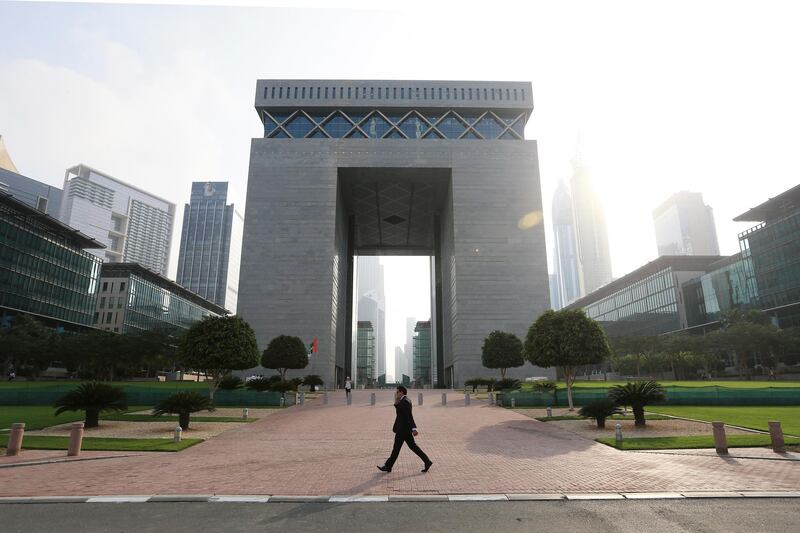Since the discovery of oil in 1966, Dubai has grown into one of the world's leading financial centres, unparalleled in the Middle East. As such, it has become a destination of choice for entrepreneurs and international companies. However, a traditional legal framework suited for the twentieth century does not work for today's market dynamics. What was necessary in the early days of the emirate's economic development, is less applicable to the needs of today's start-up culture. Innovation, risk-taking and diversification all require protections and laws that create an enabling environment. After all, while no business owner aspires to it, a certain level of failure is an inevitable risk of innovation. Launching a new company, failing and learning from one's shortcomings is part and parcel of the way many do business today. That is why Sheikh Mohammed bin Rashid, Vice President and Ruler of Dubai, has introduced a new insolvency law for companies operating in Dubai International Financial Centre (DIFC).
The new legislation will come into effect in August. In addition to enforcing stricter rules related to mismanagement, it aims to protect both companies and investors in cases of insolvency. This move reflects the path that countless trailblazers have followed before. Perhaps the best known example is the late Apple founder Steve Jobs. A university drop-out turned tech billionaire, Jobs repeatedly said that his early missteps shaped his later triumphs. Dubai's new law will foster creativity and disruptive thinking, as well as providing necessary safeguards.
This is part of an extensive plan for the UAE to enable businesses and their founders. The executives who have recently been awarded golden card permanent residency visas have similar backstories to Jobs: they are self-made millionaires who worked for decades to get where they are, and made the UAE a more prosperous place in the process. However, their success stories would be harder to replicate today, in a UAE economy that is far more crowded and competitive. In recognition of that fact, and in order to attract new companies, the Government announced in April that 100 of the top start-ups in the Middle East and North Africa will be given long-term visas. Taken together, these policies respond to the many challenges of a changing business environment. They will no doubt be cheered by the companies – both regional and international – that will shape the economic landscape of tomorrow.





